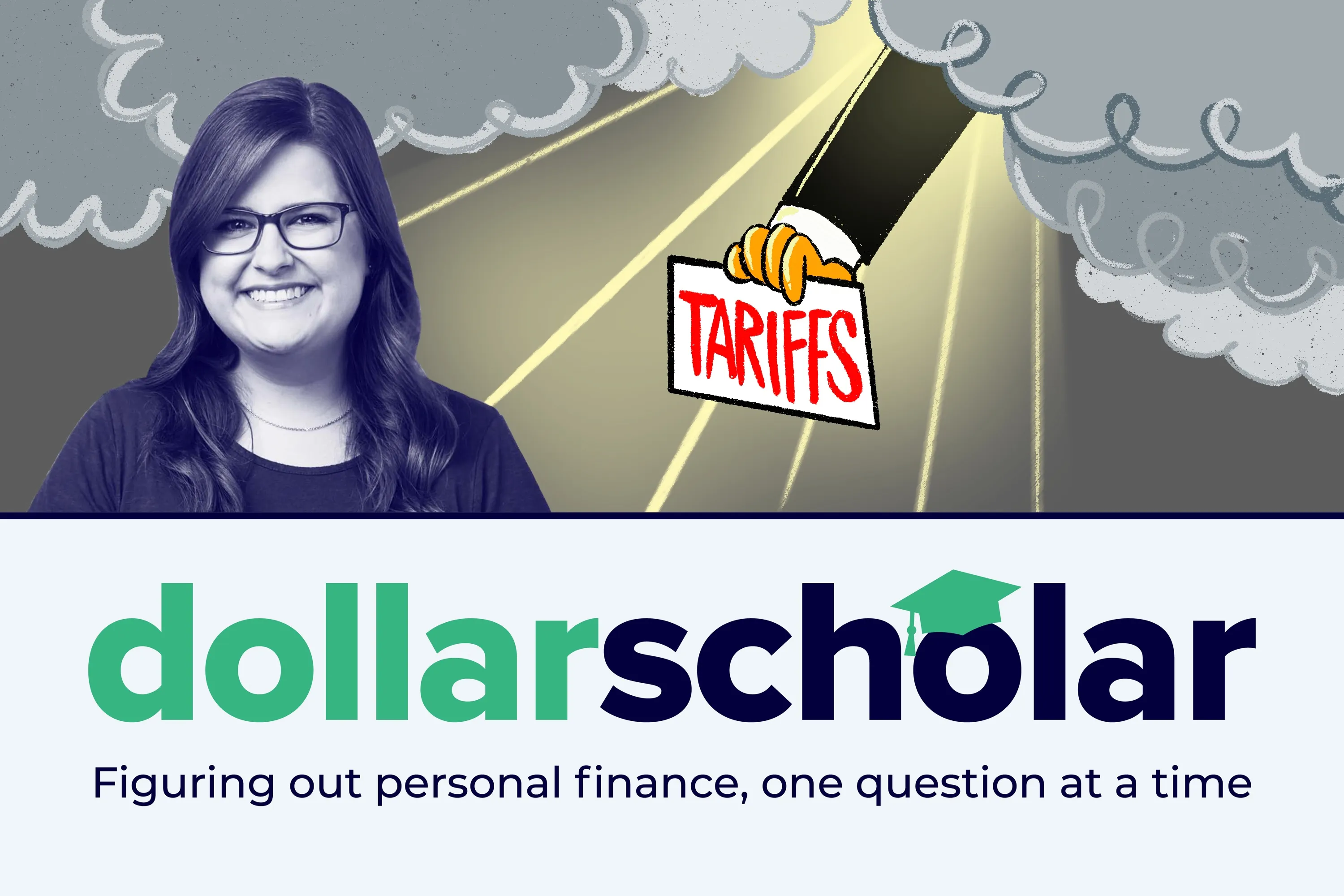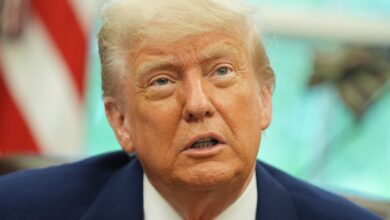Do Trump’s Tariffs Have a Silver Lining?

Overall, the ongoing tariff discussion is shedding light on the interconnectedness of global economics, politics, and individual financial decisions. While the immediate effects may be challenging for many, there are potential long-term benefits to consider.
As the conversation around tariffs continues to evolve, it’s important for individuals to stay informed, adapt their financial strategies, and take proactive steps to mitigate any negative impacts. By being proactive and staying engaged, individuals can position themselves to navigate the complexities of the global economy and make informed decisions that align with their financial goals.
Ultimately, the ongoing tariff discussion serves as a reminder of the dynamic nature of the economic landscape and the importance of being prepared for unexpected changes. By staying informed, remaining agile, and seeking opportunities for growth and innovation, individuals can navigate the challenges posed by tariffs and emerge stronger and more resilient in the face of economic uncertainty.
So, while the ongoing tariff discussion may present challenges, it also offers opportunities for individuals to learn, adapt, and grow in response to a rapidly changing global economy.
In a recent survey, 32% of respondents revealed that they are delaying their plans due to the impact of tariffs. This hesitation stems from the uncertainty surrounding trade policies and how they may affect the economy in the long run. Additionally, some individuals mentioned that they will be more cautious with their purchases moving forward.
According to experts like Brennan, there may be a shift towards purchasing high-quality, durable goods instead of opting for cheaper, disposable items. This change in consumer behavior could lead to a more conscious approach to consumption, with individuals becoming more selective about the sources of their purchases. For example, it was noted that a significant portion of Walmart’s imports are from China, while a quarter of Nike shoes come from Vietnam.
This increased scrutiny on spending habits is not necessarily driven by a looming recession, but rather by a desire to be more intentional with financial decisions. Just as tracking candy consumption can lead to eating less sweets, paying closer attention to spending can result in more mindful financial habits. While price increases due to tariffs may cause short-term discomfort, they could also serve as a catalyst for individuals to strengthen their financial stability by bolstering their emergency funds, revisiting budgets, and exploring investment opportunities.
Barbe emphasizes that periods of economic uncertainty often prompt people to reevaluate their financial situations and become more proactive in managing their money. By being more engaged with personal finances, individuals can make informed choices that align with their long-term goals. This newfound awareness of economic dynamics can ultimately benefit consumers by empowering them to make smarter financial decisions.
In conclusion, the current focus on trade policies highlights the interconnected nature of global economics and personal finances. By understanding how these policies impact spending habits, individuals can take steps to optimize their financial well-being and achieve their financial objectives. As Clements Evans suggests, learning about the economy is valuable for everyone, as it equips individuals with the knowledge needed to navigate the complexities of consumerism and financial planning.




